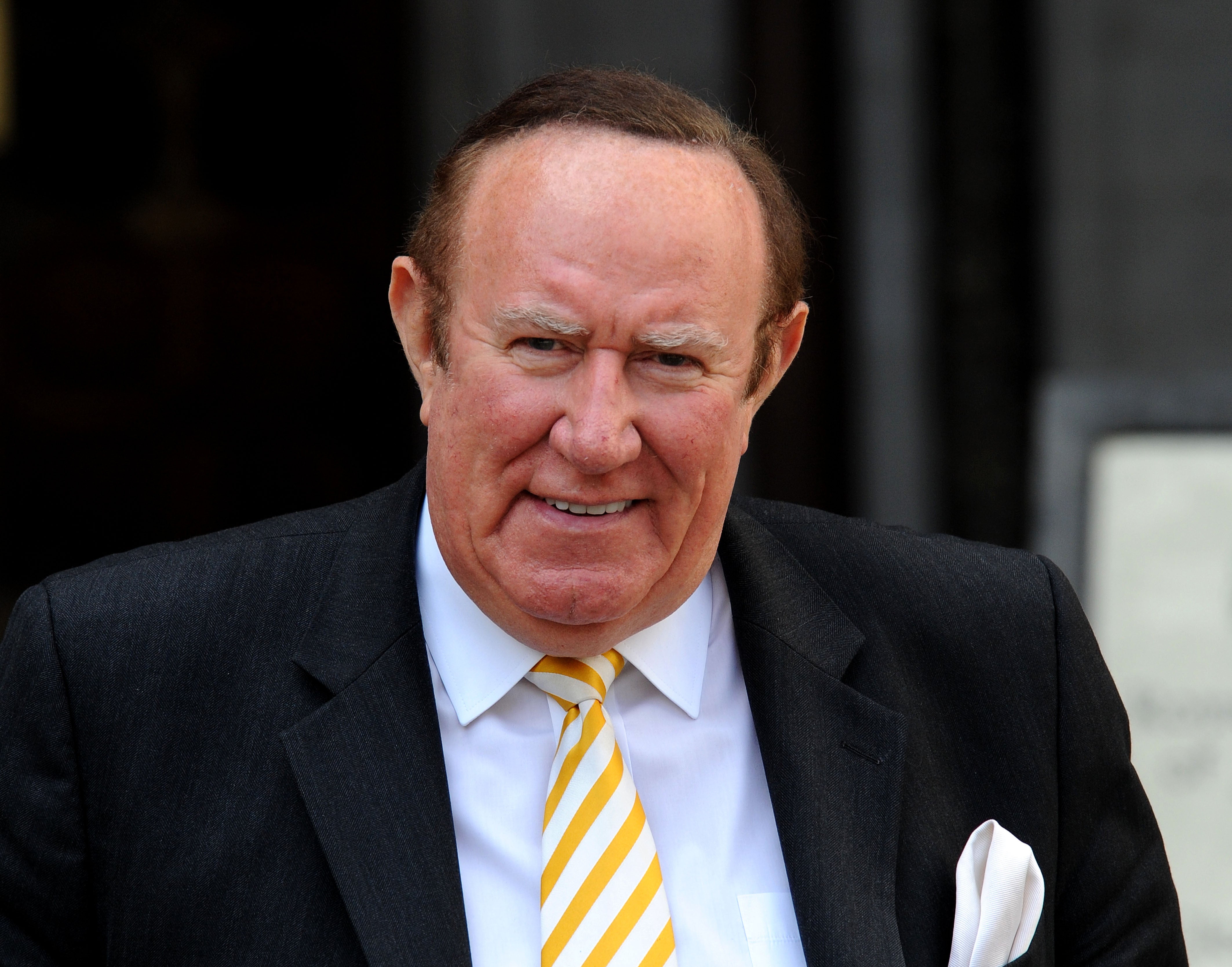Andrew Neil: BBC licence fee will remain in place because it is ‘easy way out’
The broadcaster appeared before a Lords Communications and Digital Committee session about the future funding of the BBC.

Your support helps us to tell the story
From reproductive rights to climate change to Big Tech, The Independent is on the ground when the story is developing. Whether it's investigating the financials of Elon Musk's pro-Trump PAC or producing our latest documentary, 'The A Word', which shines a light on the American women fighting for reproductive rights, we know how important it is to parse out the facts from the messaging.
At such a critical moment in US history, we need reporters on the ground. Your donation allows us to keep sending journalists to speak to both sides of the story.
The Independent is trusted by Americans across the entire political spectrum. And unlike many other quality news outlets, we choose not to lock Americans out of our reporting and analysis with paywalls. We believe quality journalism should be available to everyone, paid for by those who can afford it.
Your support makes all the difference.Veteran broadcaster Andrew Neil has said he expects the BBC licence fee to remain in place because it is “the easy way out” for the broadcaster and the Government.
The 72-year-old worked for the BBC for 25 years until 2020, fronting various political programmes. He said the funding system was both a “wonderful asset” and a “straitjacket” for the corporation.
Appearing before the Lords Communications and Digital Committee, Mr Neil suggested the BBC service should be split into “core” public service broadcasting and a separate subscription service for high-end drama and ratings winners such as Strictly Come Dancing.
He said: “The easy way out, the most comfortable way out, is to continue with the licence fee, and I suspect that is what will happen again – it usually is.
“And that is fine and it will be trebles all around in Broadcasting House and the politicians will have dodged a bullet by doing something more controversial.
“But the BBC is one of the great national assets and it is also one of the things that defines us to the rest of the world, along with the monarchy, the universities, our military, our science and so on. And we are right to be proud of it and the public service of that is very important.”
Culture Secretary Nadine Dorries announced earlier this year that the BBC’s licence fee will be frozen for the next two years.
The minister said she wants to find a new funding model before the current deal expires in 2027 as it is “completely outdated”.
Mr Neil said the UK needed to define what public service broadcasting means and then continue to fund that publicly.
Describing what he called a “core BBC” service that would be free to everybody, he listed news, documentaries and children’s television “with a British accent and with British circumstances”.
Also included in his list were BBC Radio 3 and 4, arts coverage, the BBC orchestras and local radio, as well as some of the “riskier” drama series.
Major national events such as the Cenotaph, Last Night Of The Proms and major sporting events would also fall into this category.
This service would be financed directly by the taxpayer through a commission for public broadcasting, creating a “gate” between politicians and broadcasters.
Discussing the future of the licence fee, Mr Neil told the committee: “What is clear is that in trying to serve everybody it risks underserving or not serving well lots of people because the BBC has never lost its imperial mission to do everything, which was fine when it was just the BBC or perhaps the BBC and ITV, but is very difficult when other people can do things better and have more resources to do some things better.”
Mr Neil said “the problem with the licence fee is that the licence fee is both a wonderful asset – not many businesses can count on £3.75 billion of guaranteed income a year – but it is also a straitjacket because even £5 billion is not enough to run a full television network with international ambitions these days”.
The former Sunday Times editor was one of the BBC’s top political broadcasters for many years, presenting This Week, Daily Politics and BBC One’s Sunday Politics.
He stepped down as the chairman and host of a prime-time show on GB News last year.
The session was also attended by Greg Dyke, director-general of the BBC from 2000 to 2004, who said he had always viewed the licence fee as an “unsatisfactory tax” because “it costs the same if you are the poor or the rich”.
He added: “And that always seemed to me to be deeply unfair. And I felt that in the period that I was at the BBC.
“The reason I think it survives is because when you start to look at what you replace it with it becomes difficult.”
Mr Dyke, now chairman of the London Film School, said he “fears for the next few years with the inflation running at 10% and the BBC on a fixed licence fee”.